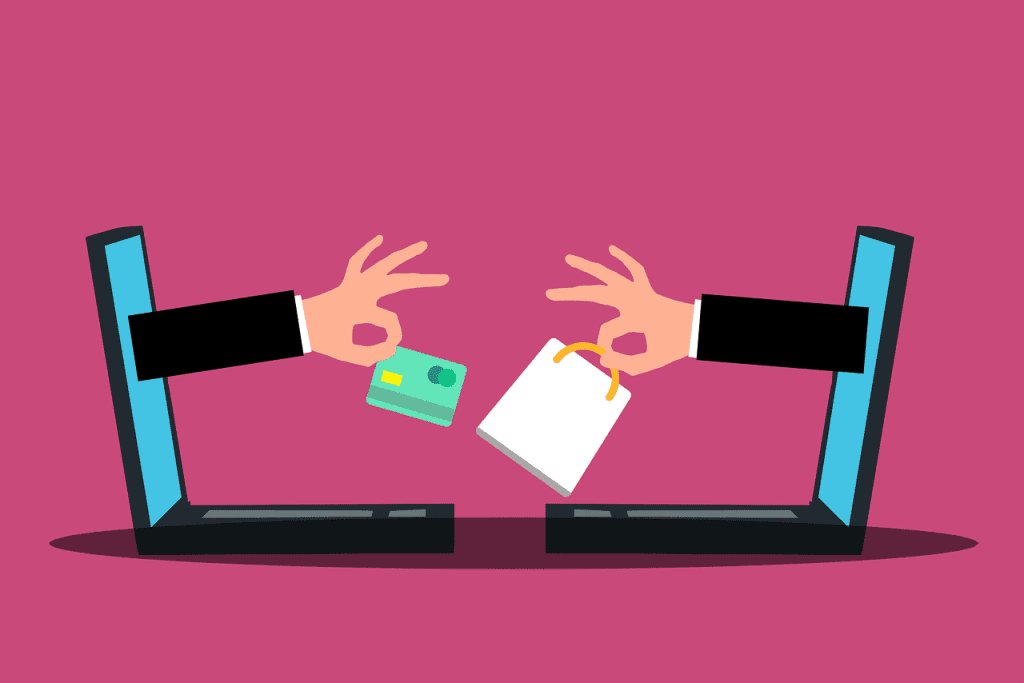
Image by Mohamed Hassan from Pixabay
How Do Credit Card Companies Make Money?
Team PaisaSimple • June 23, 2024
How do they make money? In short, fees, interest, and merchant charges. Even if you don’t pay interest or annual fees, using your credit card generates income for the card issuer.
Credit card companies make a fair bit of money from interest charges. The issuer charges interest when you don't pay your credit card bill by the end of your billing cycle. And this interest is usually pretty high.
Other sources of income include annual fees and the fees they collect from merchants who accept credit card payments for products and services.
Using your credit card(s) wisely will minimise the amount you pay the issuer.
How Do Credit Companies Work?
Essentially, a credit card is a form of loan. You borrow from the card issuer every time you swipe or tap the card to make payments.
Credit card companies comprise two entities: the card issuers and the card networks.
Card Issuers
These are the banks and credit unions that issue your credit card. They lend you the money you spend with your cards and charge you credit card fees. They charge an interest when you fail to pay your bills in full or pay the minimum due amount.
Card Networks
These are the companies that oversee the transactions between the card issuers and the product/service merchants. They are responsible for creating and managing virtual networks that enable your transactions and charge merchants an Interchange Fee for using these networks.
The Ways Credit Card Companies Earn
Interest
Credit card companies generate income from outstanding balances on your cards. When you fail to pay your bills in full or you pay the minimum due amount, the company charges you interest on the remaining balance. The interest charged varies, but it ranges from 30 to 50% pa.
Suppose you have made purchases through the EMI scheme on your credit card. Then, the issuer will charge interest on the monthly instalments. However, this is as low as 10 to 20% pa.
Your credit cards also give you the option to withdraw cash from ATMs. Your withdrawal attracts a fee ranging from 2.5 to 3% of the withdrawal amount.
Interchange Fee
Credit card companies charge merchants a Merchant Discount Rate (MDR) when they accept credit card payments. The charges range from 1 to 3% of the transaction value.
This fee is distributed between the receiving bank (the bank that processes the transaction for the merchant), the issuing bank (your credit card issuer), and the card network. The largest chunk of this goes to the card-issuing bank.
Other Fees
Membership fees: This is the one-time membership fee you pay when you qualify for or apply for a new card.
Annual fees: A credit card company charges you annual fees depending on the rewards and benefits of your card. The higher the rewards, the higher the annual fees.
Balance transfer fees: This is a 1 to 3% charge applied when you transfer credit debt from one card to another.
Foreign transaction fees: As the name suggests, your card issuer charges this fee for international transactions.
How Do I Limit My Credit Card Fees?
- Pay your bills in full every month.
- Set aside emergency money to avoid cash advances.
- Choose a credit card that doesn’t charge balance transfer fees.
Final Thoughts
A credit card, when used responsibly, is a valuable financial tool. You can avoid interest and fees by being mindful of your usage and bill payments. Credit card companies rely on you to default on your payments to make money. While this seems cruel, it is essential for the sustainability and growth of credit card companies. It also adds to their competitiveness and desirability.
Frequently Asked Questions
Do credit card companies make money if I pay my bills promptly?
Can I minimise the fees paid to credit card companies?
